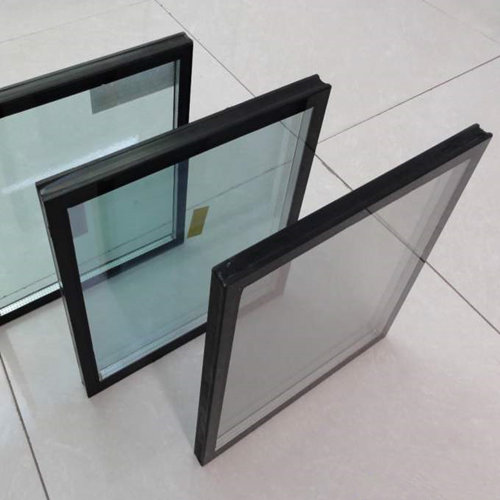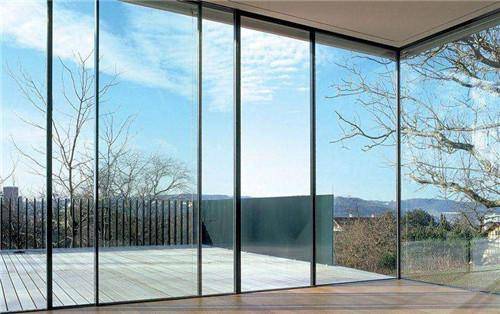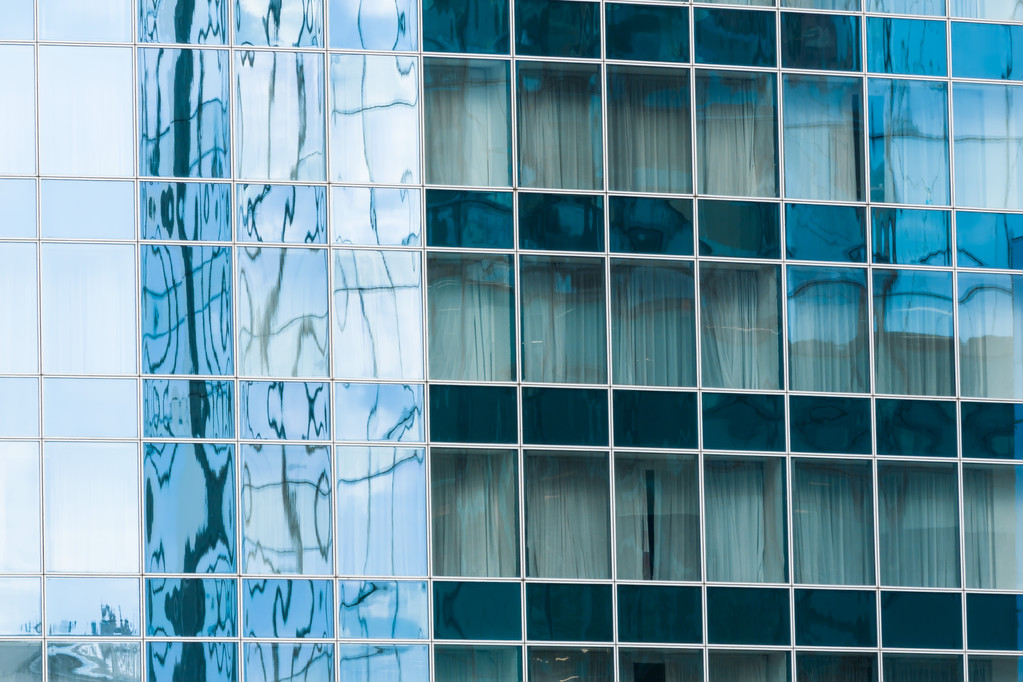We know that insulating glass can protect against ultraviolet rays. Reasonable configuration of insulating glass and reasonable insulating glass spacing layer thickness can greatly reduce the energy transfer through the form of radiation. High-performance insulating glass can intercept the considerable energy emitted by the sun into the room, so it can prevent the discomfort caused by radiant heat and reduce the dazzle caused by the sunset sun.

First, insulating glass UV resistance
Insulating glass is a kind of glass product formed by filling a certain gas between two pieces of glass, its performance has good thermal insulation, sound insulation and other characteristics, and has been widely used in the field of construction. However, the performance of insulating glass under ultraviolet irradiation has been concerned. Many people think that insulating glass does not have good ultraviolet resistance and is vulnerable to ultraviolet erosion and damage.
In fact, the UV resistance of insulating glass is not completely unprotected. According to relevant data and experimental test results, insulating glass can resist a certain amount of ultraviolet radiation, but the specific performance will be affected by different factors. Therefore, to fully understand the ultraviolet resistance of insulating glass, it is necessary to analyze from the following aspects.
Second, the factors affecting the ultraviolet resistance of insulating glass.
The UV resistance of insulating glass is affected by the following factors:
1. Glass type: Different types of glass have different spectral responses and different responses to ultraviolet radiation. For example, ordinary glass has a relatively weak UV absorption capacity, while titanium ordinary glass has better UV resistance.
2. Gas type: Different types of gases have different absorption capacities for ultraviolet rays. Helium and neon have low UV absorption capacity, while argon and xenon have strong UV absorption capacity.
3. Air humidity: Air humidity also has an impact on the ultraviolet resistance of insulating glass. When the air humidity is high, the ultraviolet rays absorbed by the insulating glass will be reduced.
4. Ultraviolet wavelength: Different wavelengths of ultraviolet light have different effects on insulating glass. Ultraviolet A wavelength (400~320nm) has the greatest impact on insulating glass, ultraviolet B wavelength (320~290nm) is second, and ultraviolet C wavelength (290~200nm) is basically not absorbed by insulating glass.

Iii. Conclusion
In summary, the UV resistance of insulating glass is not completely guaranteed, in the correct selection and use of the case, insulating glass can withstand a certain amount of ultraviolet radiation. However, it should be noted that the UV resistance of insulating glass is affected by a variety of factors, and the specific performance needs to be considered according to the actual situation. At the same time, when using insulating glass, it is also necessary to pay attention to its maintenance and maintenance to extend its service life.
Address: NO.3,613Road,Nansha Industrial Estate, Danzao Town Nanhai District, Foshan City, Guangdong Province,China
Website: https://www.agsitech.com/
Tel: +86 757 8660 0666
Fax: +86 757 8660 0611
Mailbox: info@agsitech.com
Post time: Aug-11-2023


